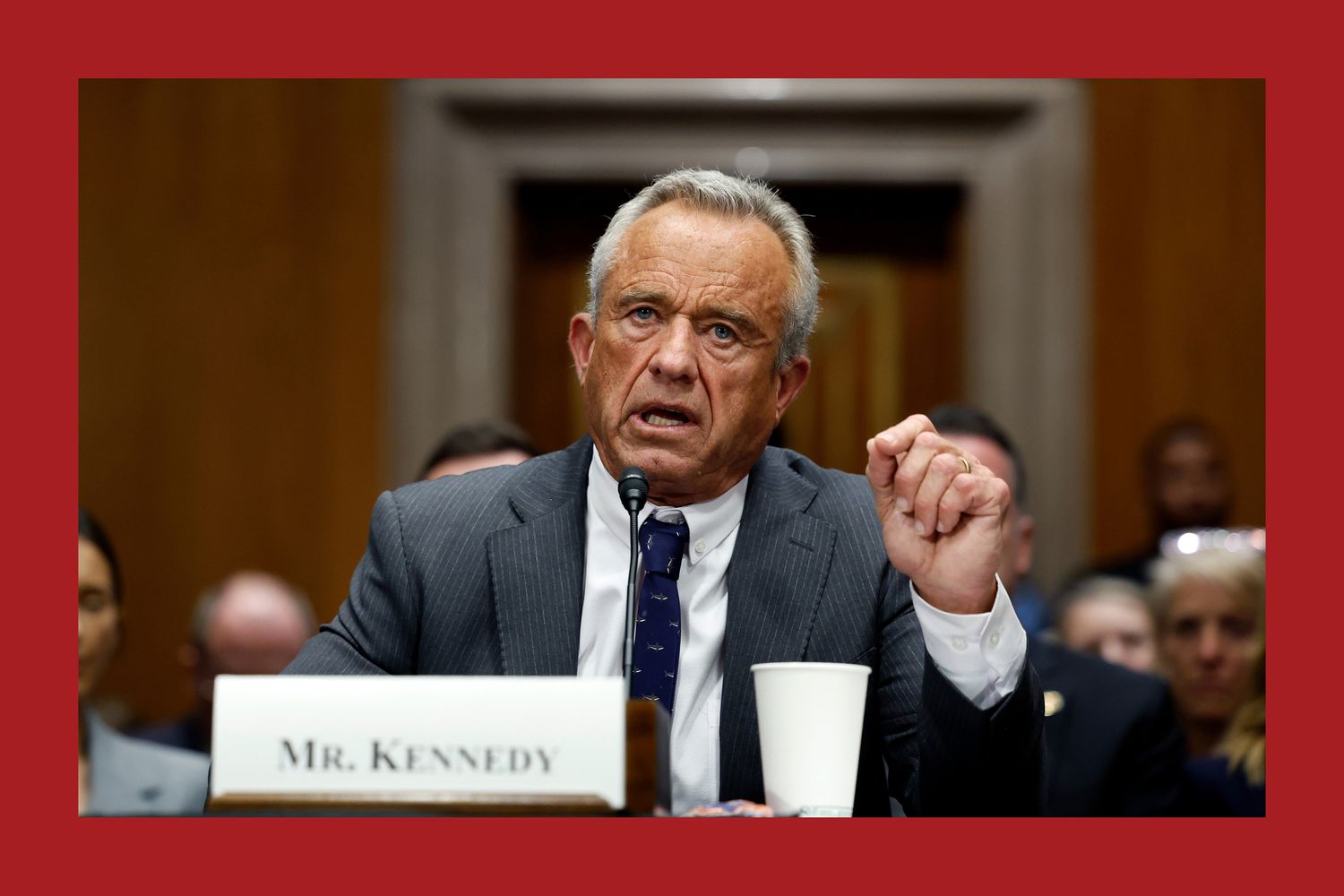
Public Health Experts Sound the Alarm as the FDA and CDC Face Massive Staff Cuts
Key Points
- The U.S. Department of Health and Human Services (HHS) is cutting 10,000 jobs and consolidating agencies, including major staff reductions at the FDA and CDC, to save $1.8 billion annually.
- Officials say the restructuring will improve efficiency and maintain food and drug safety oversight, but critics warn it could weaken public health protections and slow regulatory processes.
- Public health experts and consumer advocates argue the cuts may negatively impact food safety, disease prevention, and medical research, raising concerns about long-term consequences.
On Thursday, Robert F. Kennedy Jr., the U.S. Secretary of Health and Human Services, announced his agency’s plans to cut 10,000 jobs and re-organize functions across several key groups, including the Food and Drug Administration (FDA) and the Centers for Disease Control and Prevention (CDC) — two critical groups for food safety in the U.S.
According to Reuters, the cuts include 3,500 jobs at the FDA and 2,400 at the CDC, as well as 1,200 at the National Institutes of Health. These cuts, the HHS said, were all from a pool of voluntary departures. The HHS added that this workforce reduction will save taxpayers $1.8 billion annually.
In a statement, the HHS also explained that it currently has 28 divisions, many of which it calls “redundant units.” Thus, the restructuring will turn that into just 15 new divisions, including a new Administration for a Healthy America, or AHA. The new AHA division will absorb the Office of the Assistant Secretary for Health (OASH), Health Resources and Services Administration (HRSA), Substance Abuse and Mental Health Services Administration (SAMHSA), Agency for Toxic Substances and Disease Registry (ATSDR), and National Institute for Occupational Safety and Health (NIOSH), the statement added. The restructuring will also “centralize core functions” like Human Resources, Information Technology, Procurement, External Affairs, and Policy. It will also cut regional offices from 10 to just five.
“Over time, bureaucracies like HHS become wasteful and inefficient even when most of their staff are dedicated and competent civil servants,” Kennedy said. “This overhaul will be a win-win for taxpayers and for those that HHS serves. That’s the entire American public, because our goal is to Make America Healthy Again.”
The HHS statement also explained that this overhaul will end “America’s epidemic of chronic illness by focusing on safe, wholesome food, clean water, and the elimination of environmental toxins,” but did not go into specifics on how. But importantly for Food & Wine readers, the HHS fact sheet on the cuts said they will not affect “drug, medical device, or food reviewers, nor will it impact inspectors,” but again, it’s too early to know exactly how this could effect everything from what ingredients get approved for use in foods to how the organization continues to disseminate critical information on food recalls.
Reuters also noted that this isn’t the first time the HHS has gone through an overhaul. In fact, it’s happened under both Democratic and Republican administrations, just not at this level. As Larry Levitt, executive vice president for health policy at non-profit KFF and former advisor to the White House and the HHS under the Clinton administration, shared with Reuters, “This is not just a reorganization of HHS. It is also a slashing of the federal workforce, which will ultimately affect government services,” said Levitt, a former senior adviser to the White House and HHS under President Bill Clinton.
And not everyone agrees that these cuts will improve the HHS or its outputs.
“These staff cuts endanger public health and food safety, and they raise serious concerns that the administration’s pledge to make Americans healthy again could become nothing more than an empty promise,” Brian Ronholm, director of food policy at Consumer Reports, shared in a statement provided to Food & Wine. “Despite recent encouraging statements about addressing infant formula safety and harmful food chemicals, mass layoffs will undermine these initiatives and hinder the FDA’s ability to ensure our food is safe to eat.”
Ronholm isn’t alone in his reservations.
“It is impossible for me to imagine that cuts of this size will not substantially affect functions negatively,” Jeremy Berg of the University of Pittsburgh, who served as the director of the National Institute of General Medical Sciences, shared with NPR. “This represents yet another assault on the ability of NIH to achieve its important missions.”
Dr. Georges Benjamin, head of the American Public Health Association, said it a little more bluntly. “This is a nonsensical rearrangement of the agencies under their charge and an excuse to devastate the workforce for financial reasons,” Benjamin told NPR. “It will increase the morbidity and mortality of our population, increase health costs and undermine our economy.”
According to NPR, those affected by the cuts will learn if they have lost their job or not today, with the cuts taking effect in May.










